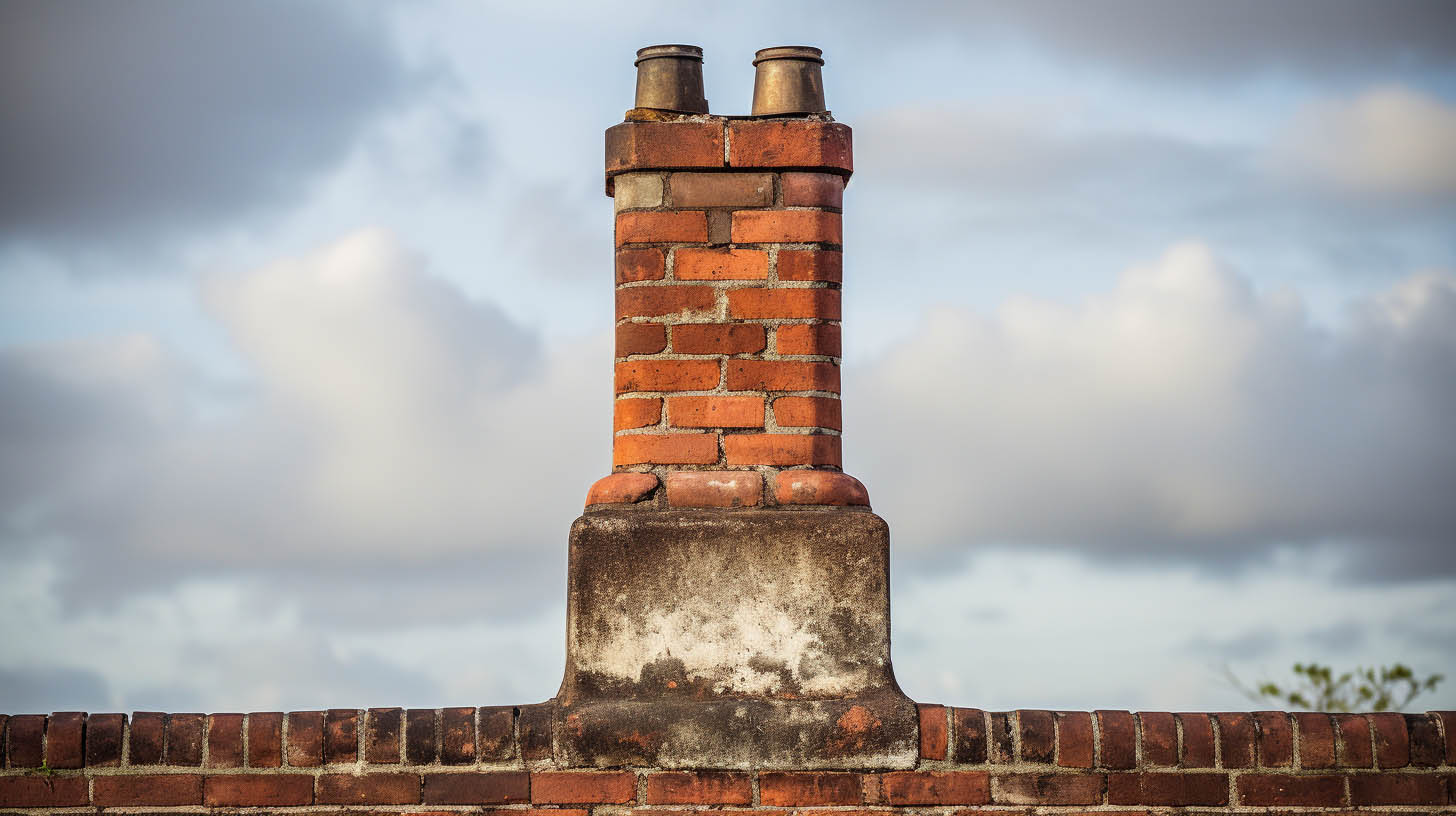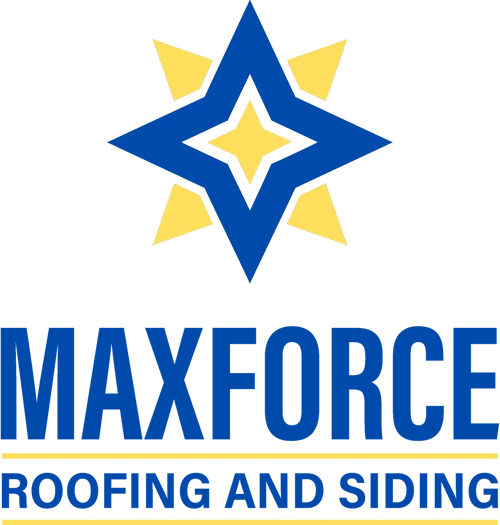
Strategies for Resolving Chimney Leakage Issues
Experiencing a chimney leak can be a distressing issue for homeowners, particularly during rainy seasons. It’s essential to understand the root causes, recognize the symptoms, and implement effective solutions to tackle this problem. This guide delves into the multifaceted aspects of chimney leaks, offering a thorough analysis and practical solutions.
Detecting Signs of Chimney Leakage
Early detection of chimney leaks is crucial for timely intervention. Key indicators include:
Ceiling and Wall Moisture: Noticeable dampness or water marks near the chimney.
Persistent Damp Smell: A lingering musty odor, especially after rainfall.
Internal Water Accumulation: Signs of water inside the chimney structure.
Structural Cracks in Masonry: Evident fractures in the chimney’s brickwork or stonework.
Compromised Chimney Elements: Deterioration in bricks, mortar, or chimney caps.
Root Causes of Chimney Leaks
Several factors can contribute to chimney leaks, such as:
Environmental Wear and Tear: Continuous exposure to weather elements like rain, wind, and temperature changes.
Flashing Complications: Worn out, improperly fitted, or aged chimney flashing.
Damaged Chimney Cap and Crown: Breakdown or impairment of these protective components.
Masonry Absorption: Bricks and mortar soaking up moisture, leading to saturation and cracking.
Initial Construction Deficiencies: Poor construction practices or inadequate waterproofing initially.
Remedial Actions for Chimney Leaks
Expert Inspection and Restoration
Prompt action is necessary at the first sign of leakage. Engaging a reputable roofing company, such as MaxForce Roofing and Siding LLC based in Columbus, OH, for a detailed inspection and repair recommendation is advisable.
Chimney Waterproofing Techniques
Applying a specialized waterproof sealant to the chimney can effectively block water ingress. This method typically remains effective for a decade, requiring periodic reapplication.
Flashing Overhaul
The chimney flashing plays a pivotal role in water leakage prevention. If it shows signs of damage or incorrect installation, professional repair or replacement is necessary.
Maintenance of Chimney Cap and Crown
Regular checks and upkeep of the chimney cap and crown are essential. Repairing any damages promptly ensures they continue to function as water barriers.
Masonry Restoration
Addressing any structural issues in the masonry, like cracks or eroded mortar joints, is vital to prevent water seepage. Tuck-pointing might be required to restore the masonry’s integrity.
Preventative Strategies
Routine inspections and maintenance are crucial in averting chimney leaks. Annual examinations can spot potential issues early, preventing them from escalating.
Conclusion
Addressing chimney leaks demands a holistic approach, encompassing problem identification, implementation of effective repairs, and preventive measures. By comprehending the causes, symptoms, and solutions, homeowners can effectively manage chimney leaks, safeguarding their property against water-related damages.

